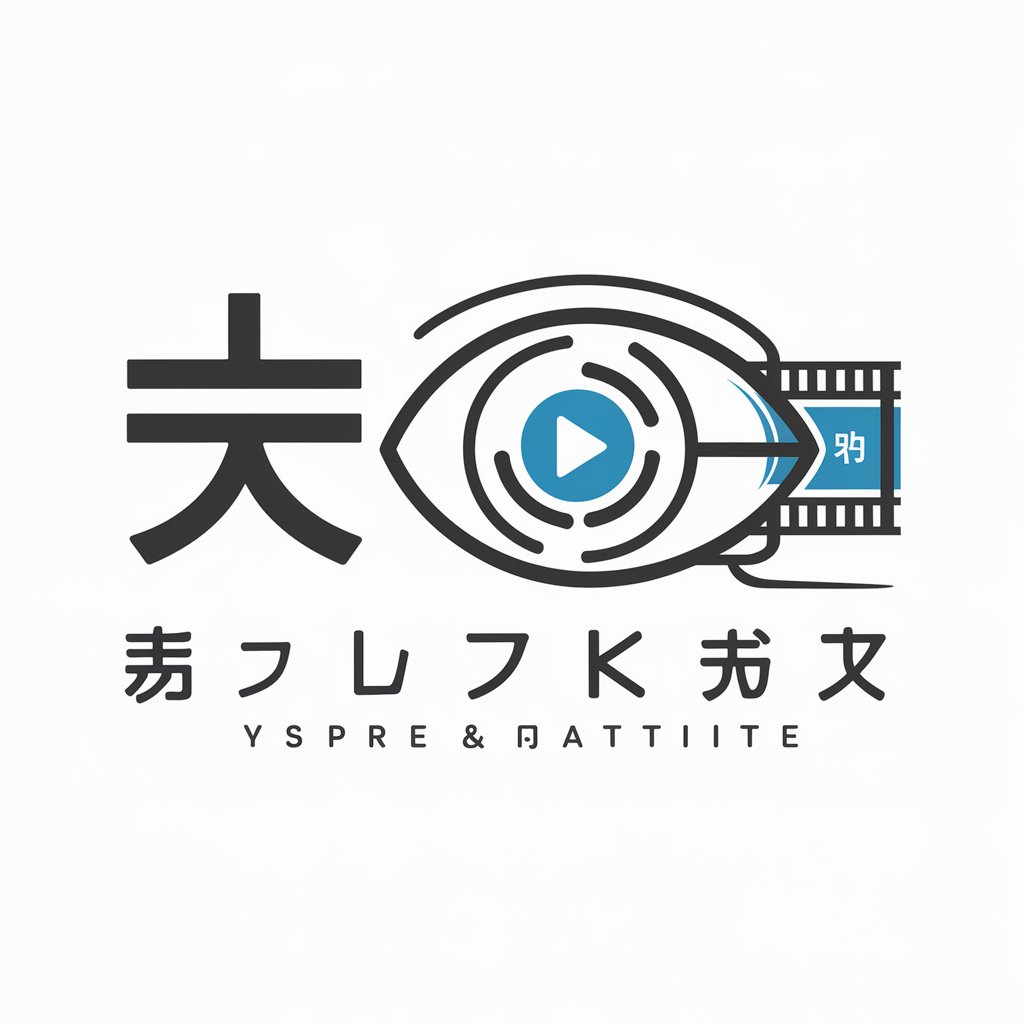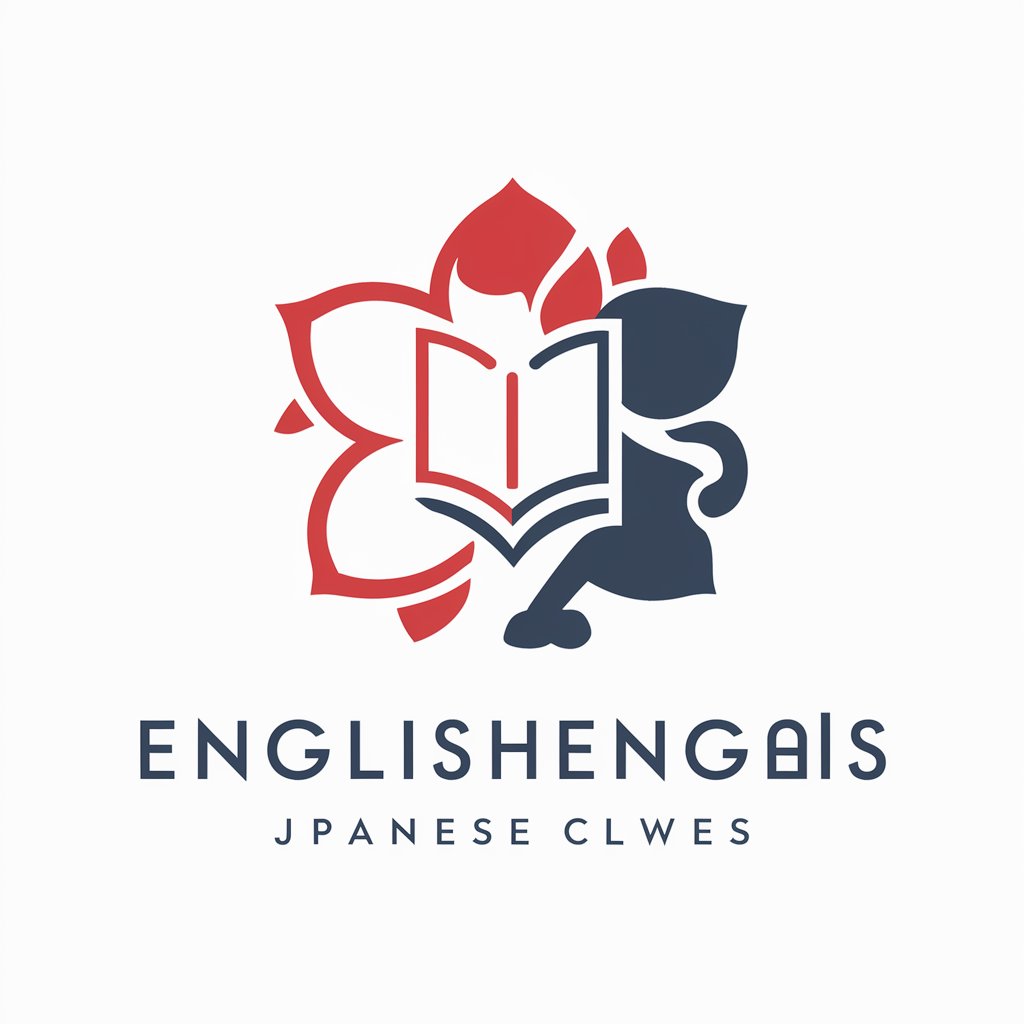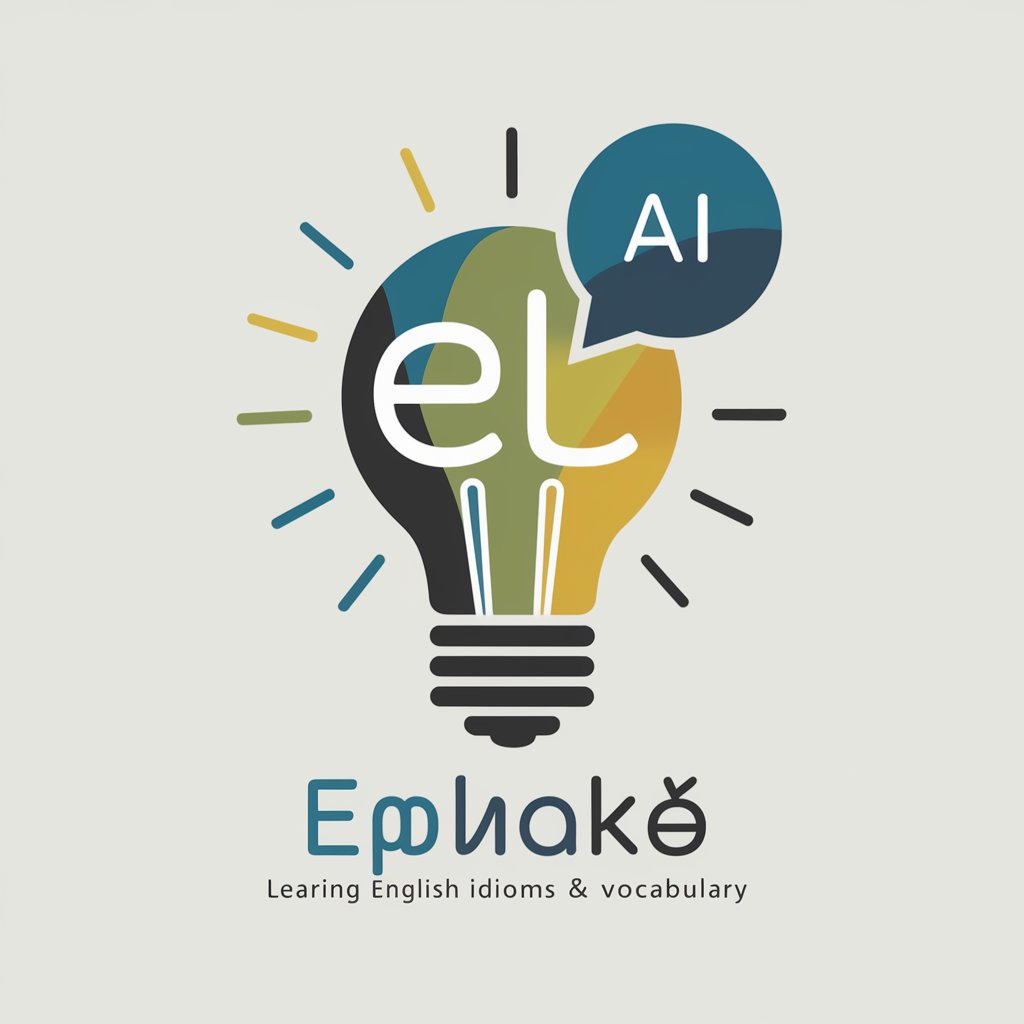
ことわざ大辞典 - resource for Japanese proverbs, idioms

こんにちは、ことわざ大辞典へようこそ!
Unlocking Wisdom with AI
教えてください、日本のことわざ『猿も木から落ちる』の意味と由来を。
『温故知新』という四字熟語を日常生活でどう使うか教えてください。
適切な場面で使える日本のことわざを提案してください。
『井の中の蛙』と似た意味のことわざを教えてください。
Get Embed Code
Introduction to ことわざ大辞典
ことわざ大辞典 is designed to be a specialized resource focused on Japanese proverbs (ことわざ) and idiomatic expressions (四字熟語). This tool aims to provide users with a deep understanding of these expressions, their meanings, origins, and practical applications. An example of its utility is when someone wants to understand the cultural nuance behind a proverb like '猿も木から落ちる' (Even monkeys fall from trees), which implies that anyone can make mistakes. Users can also request the tool to suggest appropriate proverbs or idiomatic expressions based on specific situations or themes they provide. Powered by ChatGPT-4o。

Main Functions of ことわざ大辞典
Explanation of Proverbs and Idiomatic Expressions
Example
If a user encounters the phrase '井の中の蛙大海を知らず', ことわざ大辞典 explains that it means 'A frog in a well does not know the great ocean', used to describe someone with a limited outlook.
Scenario
This function is especially useful in educational settings where students are studying Japanese language and culture.
Contextual Suggestion
Example
Upon receiving a scenario where a user has experienced a minor setback in a large project, ことわざ大辞典 might suggest '七転び八起き' (Fall seven times, stand up eight) to encourage perseverance.
Scenario
This feature is beneficial in motivational or coaching environments, helping to reinforce persistence and resilience through culturally resonant sayings.
Illustrative Imagery
Example
For the proverb '花鳥風月' (Beauty of nature), ことわざ大辞典 can generate an illustrative image that captures the essence of this expression, enhancing visual understanding.
Scenario
This is particularly appealing to visual learners or educators who wish to integrate visual arts into teaching traditional Japanese expressions.
Ideal Users of ことわざ大辞典 Services
Japanese Language Learners
Individuals studying the Japanese language at various levels who wish to deepen their understanding of cultural expressions and use them accurately in conversation.
Educators and Academics
Teachers and scholars who specialize in Japanese language and culture can utilize this tool to enhance their curriculum and research with detailed analyses and examples of traditional expressions.
Writers and Content Creators
Authors and media creators may find ことわざ大辞典 useful for incorporating authentic Japanese idiomatic expressions into their works, ensuring cultural accuracy and depth.

How to Use ことわざ大辞典
Visit yeschat.ai
For a no-login required, free trial of ことわざ大辞典, visit yeschat.ai.
Explore Categories
Browse the categories available, such as Proverbs or Idioms, to familiarize yourself with the types of sayings and expressions provided.
Choose a Scenario
Think of a scenario or a theme for which you need a proverb or idiom. This helps in narrowing down your search and finding the most relevant expressions.
Input Your Query
Enter your scenario, theme, or direct query into the search field to retrieve specific proverbs or idioms that fit your context.
Utilize Output
Use the provided expressions in your writing, speeches, or educational materials to enhance your content with traditional Japanese wisdom.
Try other advanced and practical GPTs
ビデオ解析プロ
Unlocking Video Content with AI

Investment Insight AI
Empower Your Investments with AI

Dream Interpreter
Explore Dreams with AI

CodeGenerater
Empowering Development with AI

連想グルメ
Unleash Creativity with AI-Powered Insights

ラジオドラマメーカー
Craft Your Story, AI-Enhanced

アプリエンジニア
Accelerate Development with AI

My Life History
Rediscover Your Story, AI-Enhanced

JukenGPT(Hiroo Gakuen)
Empowering Learning with AI

GPT Psychologist
Empowering Emotional Wellness with AI

集まる集客タイトルメイカー
Ignite curiosity, drive engagement.

Product Manager NASASE Tao
Expert NASA Systems Engineering at Your Fingertips

FAQs about ことわざ大辞典
What is ことわざ大辞典?
ことわざ大辞典 is a specialized AI tool that provides detailed explanations, origins, and usage examples of Japanese proverbs (ことわざ) and idiomatic expressions (四字熟語).
How can ことわざ大辞典 improve my learning of Japanese culture?
By offering insights into the nuanced meanings and historical contexts of traditional expressions, the tool helps deepen understanding of and appreciation for Japanese culture.
Can I use ことわざ大辞典 for academic purposes?
Yes, it is an excellent resource for students and researchers who need to understand and use traditional Japanese linguistic expressions in a scholarly context.
Are there any specific tips for using ことわざ大辞典 effectively?
To make the most out of this tool, clarify your need or scenario before searching, use the examples provided as guidance, and incorporate the proverbs in contextually appropriate ways.
What makes ことわざ大辞典 unique compared to other language tools?
Unlike general language tools, ことわざ大辞典 focuses solely on Japanese proverbs and idioms, providing specialized, in-depth content that is not commonly found in broader linguistic databases.





